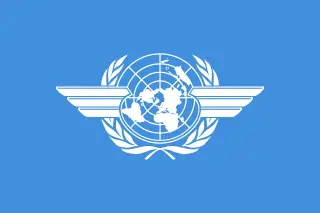International Civil Aviation Organization

The collective labor agreement is funded and led by the governments of 193 countries to support aviation diplomacy and cooperation as signatories to the 1944 Chicago Convention. Its main responsibilities are to maintain the administrative and specialized bureaucracy for the support of diplomatic relations (ICAO Secretariat) and to explore new innovations in aviation policy and standardization under the guidance and approval of the governments elected by the IC or the Assembly. Of the reunion. Industries and civil society organizations and other relevant regional and international organizations will also participate as ICAO guest organizations in the study and development of new standards. As these stakeholders set new priorities, the ICAO Secretariat will organize committees, working groups, conferences and seminars to examine their technical, political, socio-economic and other aspects. Governments will then receive the best results and advice when they jointly and diplomatically establish new international standards and practice proposals for international civil aviation. Once governments reach diplomatic consensus on the scope and details of the new model, they will be adopted by 193 countries to bring the world into compliance with their national regulations, ensuring safe, secure and sustainable aviation on a truly global. help. In addition to these important diplomatic and research capabilities, ICAO, through its seven regional offices, is also an important coordination platform for civil aviation. It also drives academic knowledge, develops alliances and conducts global audit, training and capacity building activities according to the needs and priorities of governments.








